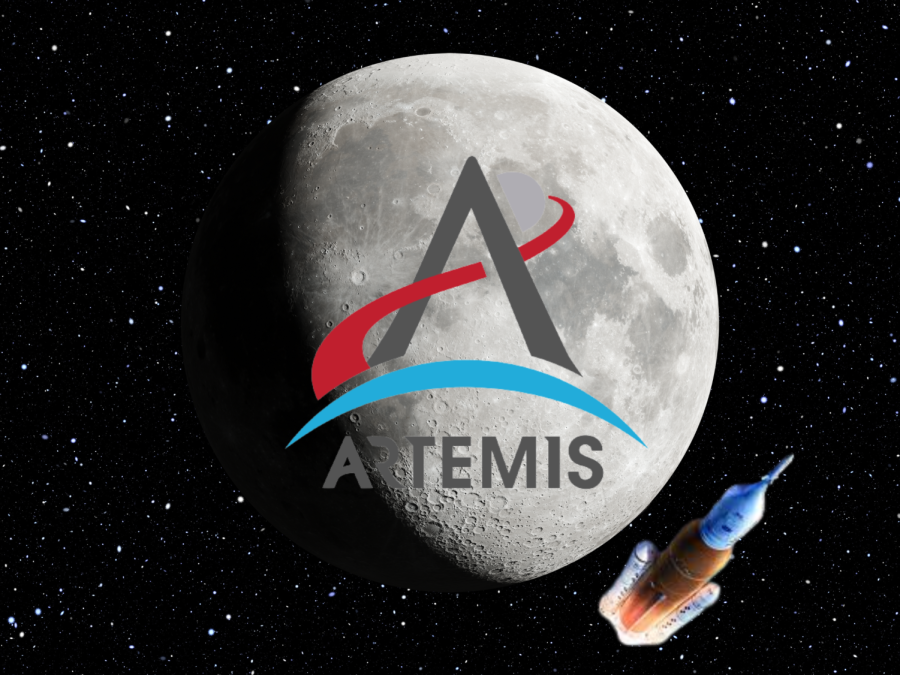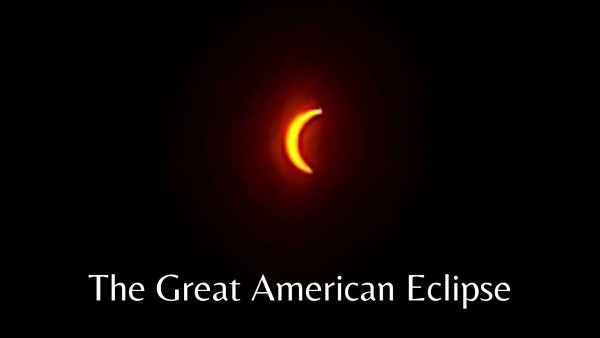NASA skyrockets as Artemis blasts off
The National Aeronautic and Space Administration’s (NASA) Artemis project will accomplish the next step to research Mars in the upcoming decades. NASA also hopes to build a moon station to easily and efficiently travel the solar system. Ultimately, Artemis will likely make travel to Mars.
October 21, 2022
The National Aeronautic and Space Administration’s (NASA) desire to return to the moon will become reality in their new Artemis mission. NASA established four main goals: send a man back to the moon, economic improvement, exploration and technological expansion in space travel. The mission will also land the first woman and person of color on the moon. The program began in 2017, and the next flight will occur in 2024.
Artemis 1 will become the first NASA rocket to circle the moon since 1975. The flight will put a crew onboard to perform a slingshot or a gravitational assist to build momentum and make it back to Earth instead of landing on the moon. Artemis will last 25 days in space, even though it takes roughly three days to venture to the moon.
“I personally have mixed feelings about the Artemis missions. Part of the goal for Artemis is to get a person of color and a woman on the moon, which is important, but I believe the scientific part is more important. I think it’s super awesome and cool that we are going back to the moon,” sophomore Sam Thompson said.
NASA planned to launch out of the Kennedy Space Center (KSC), in October 2022, but NASA delayed the launch until November. NASA postponed Artemis in response to Hurricane Ian, which ripped through the Caribbean and Florida.
“I think that it’s a great idea and it would silence and prove to the haters that believe that the first moon landing was fake, that it was in fact real. It will also give us new materials to gather data from using more advanced and sophisticated equipment and tech than the last time we went to the moon,” sophomore Pavan Katragada said.
The rocket experienced technical difficulties during safety tests, including the inability of the engines to cool down. The problem ended up as a false temperature read, postponing the launch of Artemis.
NASA’s choice to name the program Artemis fulfills its goals and aspirations to consistently name its programs and missions after Greek gods, because of folklore and simple acronyms. NASA’s last moon program (operated from 1961-1975) received the name Apollo after the brother of Artemis. Artemis fits because people associate the Greek goddess with chastity, and hunting, but most importantly with Earth’s natural satellite: the moon.



















